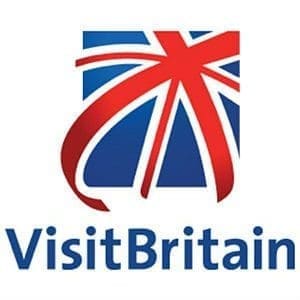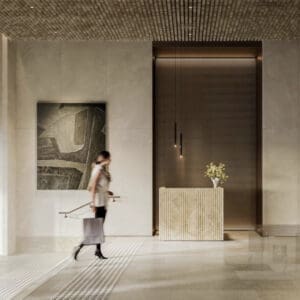The march of budget hotels continues in the UK, with over 1,500 budget rooms added to the sector’s pipeline in Q3 2015 alone, according to the Hotel Bulletin Q3 2015 published this week by HVS, AlixPartners and AM:PM.
For the first time budget bedrooms account for more than half the UK’s active hotel development pipeline – with the sector showing no signs of slowing.

“The low-cost budget sector continues to be popular with both leisure and corporate guests who appreciate their emphasis on the basic necessities of a decent bed, quality shower, free WiFi and a TV. With the development of sub-brands such as hub by Premier Inn, the budget offer is becoming even more pared down and cost-efficient,” commented HVS chairman Russell Kett.
“While the economy is now much stronger, cheaper hotel stays have become the new norm and guests are reluctant to go back to spending more. Budget hotels are popular with operators as they are cheaper to build and run. With the check-in and check-out function becoming increasingly automated, the cost of running a budget property is relatively low.”
During Q3 2015 Whitbread, the UK’s largest hotel operator, added over 500 bedrooms to its Premier Inn brand, giving it over 60,000. The company is well on the way to reaching its goal of 85,000 bedrooms by 2020.
Competitor Travelodge opened three hotels during the same period, some 260 bedrooms, while budget hotel group Tune hotels opened its eighth UK hotel, the 100-bedroom Tune Hotel Liverpool City Centre. Tune Hotels, with properties in Malaysia as well as the UK, is backed by Queens Park Rangers FC chairman Tony Fernandes.
The Hotel Bulletin reveals that overall RevPAR growth (rooms revenue per available room) has decelerated when compared with Q3 2014, with the average rate of growth now at 3%, the lowest since Q1 2013. Of the 12 cities reviewed Cardiff was the star performer with RevPAR up 17% as the city benefitted from the Ashes test in July and the Rugby World Cup in September.
Second best performer was Birmingham, showing a 12% growth in RevPAR. The city also gained a boost from an Ashes test match as well as the doubling of charter flights between Beijing and Birmingham International boosting the number of visitors from China.
In London, where RevPAR rose 6% during Q3, falling occupancy levels in July and August were mitigated by rising room rates and the impact of the Rugby World Cup in September.
Aberdeen was the UK’s worst performing city with a 22% fall in RevPAR due to strong new supply and lack of recovery in the oil industry which is affecting demand.
“More hotel supply in the market means that future growth will come in the form of achieved average room rates, rather than occupancy as we move forward. The change in the mix of hotel types with more emphasis on budget accommodation means we are unlikely to see high levels of growth in RevPAR,” concluded Kett.
Download a copy of Hotel Bulletin Q3 2015 by clicking here http://www.hvs.com/article/7546/hotel-bulletin-q3-2015/.















